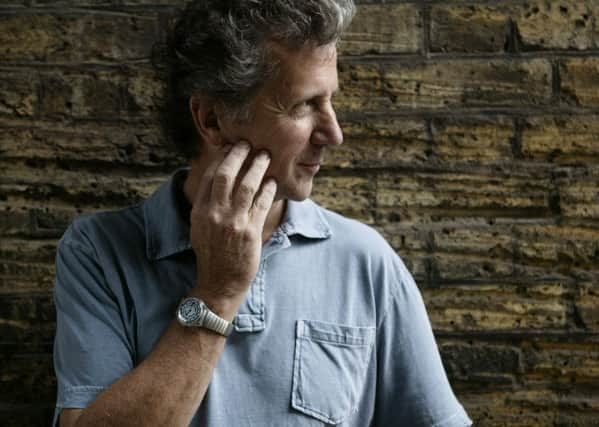Book review: The Executor, by Blake Morrison


Well, Blake Morrison’s new novel is very agreeably concerned with just what my Irish friend demanded: life as it is lived by mature human beings – in all their immaturity. It’s not fashionable. The characters are white, British, middle-class. Moreover – worse still, some might say – the two principals are, like Morrison himself, writers, one a poet, the other a novelist who works as an assistant editor on the books pages of a failing newspaper. He is married with three young children; the somewhat older poet is also married, but childless. If it’s not quite the sort of novel that used to be contemptuously dismissed as being about adultery in Islington or Hampstead, you might say it’s not so different.
The outline is simple. The narrator, Matt, is asked by the poet, Rob, to be his literary executor. Rob is a dozen years older than Matt, but not old – 60 being nothing these days. They’ve known each for years, meeting when Matt was a graduate student at an American university where Rob was teaching. They became good enough friends for Rob to tell Matt how he had got into trouble over a relationship with a mature student at his previous university.
Advertisement
Hide AdBack in England, they see less of each other, friendship maintained by occasional lunches. Both are now married. Matt’s wife Marie, a strong-minded girl from Belfast, dislikes Rob; Rob’s wife, Jill (a late marriage for him, second marriage for her), has little interest in literature, is uneasy with Rob’s friends. Is it because of her that Robbie (as she calls him) has moved out of London to a dull village? Or is it just that he likes to keep different sides of his life in different compartments? Matt, for instance , doesn’t even know that Rob and Jill have a labrador (Rilke) to whom he is devoted. Then Rob dies, suddenly. Matt has to take up his duty as literary executor. Rob’s will is explicit. Jill is uncomfortable with the whole business; she is grieving and regards Matt as an intruder. Then, going through the papers, he comes on a number of unpublished poems. They are more direct and apparently more personal than the austere poems with which Rob made his reputation, a reputation fading in his last years. They are not only personal; they are erotic, and, though some are apparently addressed to Jill, or are about Jill, some evidently arise from encounters with other women, whether before or after his marriage isn’t clear. Naturally tensions develop, Matt clear in his duty to follow Rob’s instructions, Jill unhappy, Marie disapproving of Matt’s readiness to put Rob’s play for poetic immortality before the hurt the existence and, even worse, the publication of these poems, will inflict on Jill. We have the poems, by the way, generously and skilfully written with, I surmise, a peculiar pleasure by Morrison. Some seem to me rather good, and the unravelling of the novel’s moral perplexity is both ingenious and persuasive.
In short, for those who like fiction to treat the stuff of ordinary life, which is after all the sort of life most of us experience, this is a pleasing and very satisfying novel. Of course some people have a dislike of literary novels peopled by literary men, or indeed literary women. Morrison is indeed sufficiently aware of this to have offered justification in advance, quoting a passage from one of Dr Johnson’s essays in which he defended literary biography on the grounds that “An author partakes of the common condition of humanity… nor can I conceive why his affairs should not excite curiosity as much as the whisper of a drawing-room, or the factions of a camp”.
Quite so. In this novel for grown-up readers Blake Morrison both excites such curiosity, and satisfies it.
The Executor, by Blake Morrison, Chatto & Windus, 321pp, £16.99